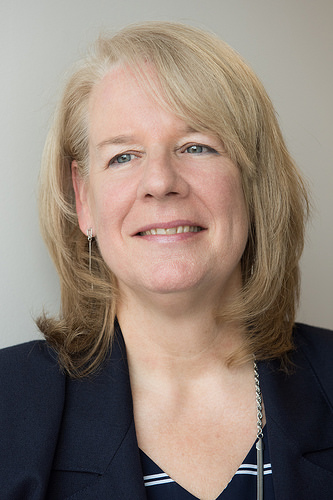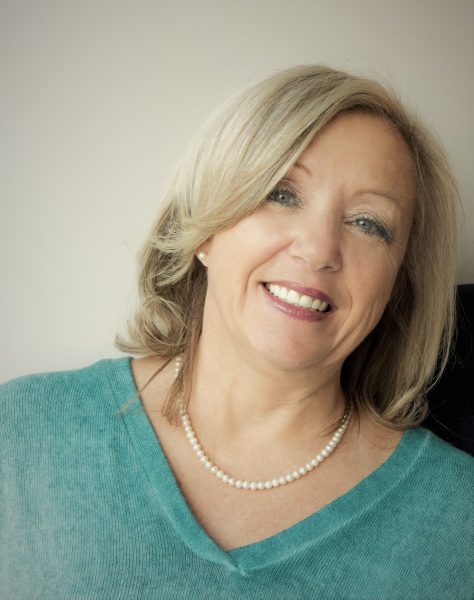A poor night’s sleep can be detrimental to your health. Sleep deprived individuals experience excessive daytime sleepiness, decreased cognitive functioning, emotional difficulties, poor job performance and a lowered quality of life—it should not be ignored.
Thanks to TRU’s Open Learning program, two best friends are bringing a new medical service to northern Quebec. They are hoping to empower and educate the Cree Nation of James Bay to improve their quality of sleep.
In July of 2014, respiratory therapist (RT) Sylvie Turpin was hired to develop the respiratory therapy diagnostic services of the Cree Board of Health and Social Services of James Bay. She toured all nine communities of the Eeyou Istchee territory to identify the needs of the Eeyou and Eenou.
She discovered an overwhelming number of patients flying to Val d’Or and Montreal for testing and treatment of sleep apnea, a potentially serious and unfortunately common sleep and breathing disorder.
Linda Charette, a second RT, left her job as a sales representative from a medical device company to assist her long-time friend in her new challenge. The two met over 30 years ago when they worked in Lachute, a small town in the lower Laurentians.
“It’s unbelievable the number of patients having to travel long distances to get tested. When we first started some four years ago, there were about 400 patients a year leaving the territory for sleep-related issues. That number is now nearing 800,” said Charette.

Linda Charette
“We needed to better understand the disease and its implications. We thought there were only a few types of sleep disorders—little did we know, there are 82.”
The only issue was as RTs, they had little knowledge in sleep and without a medical sleep specialist, they needed the proper training to assist the patients suffering from sleep-related issues.
Turpin scoured eastern Canada for online courses in polysomnography (PSG) (the study of sleep).
Very little was offered and after hours of surfing the net, Turpin stumbled upon TRU’s Open Learning.
“We really needed more information, guidelines and recommendations to start our own program,” said Turpin, who spoke very little English prior to enrolling in 2016.
The duo never backs down from a challenge, so even with retirement creeping around the corner, they registered for the PSG course while maintaining their very busy job.
“We learned the diagnostic pathways using PSG studies, how to identify patients at risk, screening questionnaires, patient treatment and much more which allowed us to implement a process for a practical sleep clinic service,’’ said Charette. “It gave us the knowledge to process the rudimentary idea we started out with.”

Sylvie Turpin
The flexibility and range of the Open Learning program was crucial for the ladies’ completion.
“Working on the course with our laptops was huge. We travel a great deal for work, so we accomplished our studies on the road,” said Turpin. “Our shifts are nine weeks on and four weeks off. Those weeks off gave us the opportunity to immerse in our studies.”
Two years later, the two friends completed their three-week clinical in Kingston, completing their PSG certificate, and not a moment too soon.
“Doctors, nurses have been wanting to know when to send us patients. Patients would show up at our office, with their sleep devices asking if we could help them. Now we have the knowledge, we have a plan, understand what we can and can’t do, and will soon be ready to start helping people across the Eeyou Istchee territory,” said Charette.

